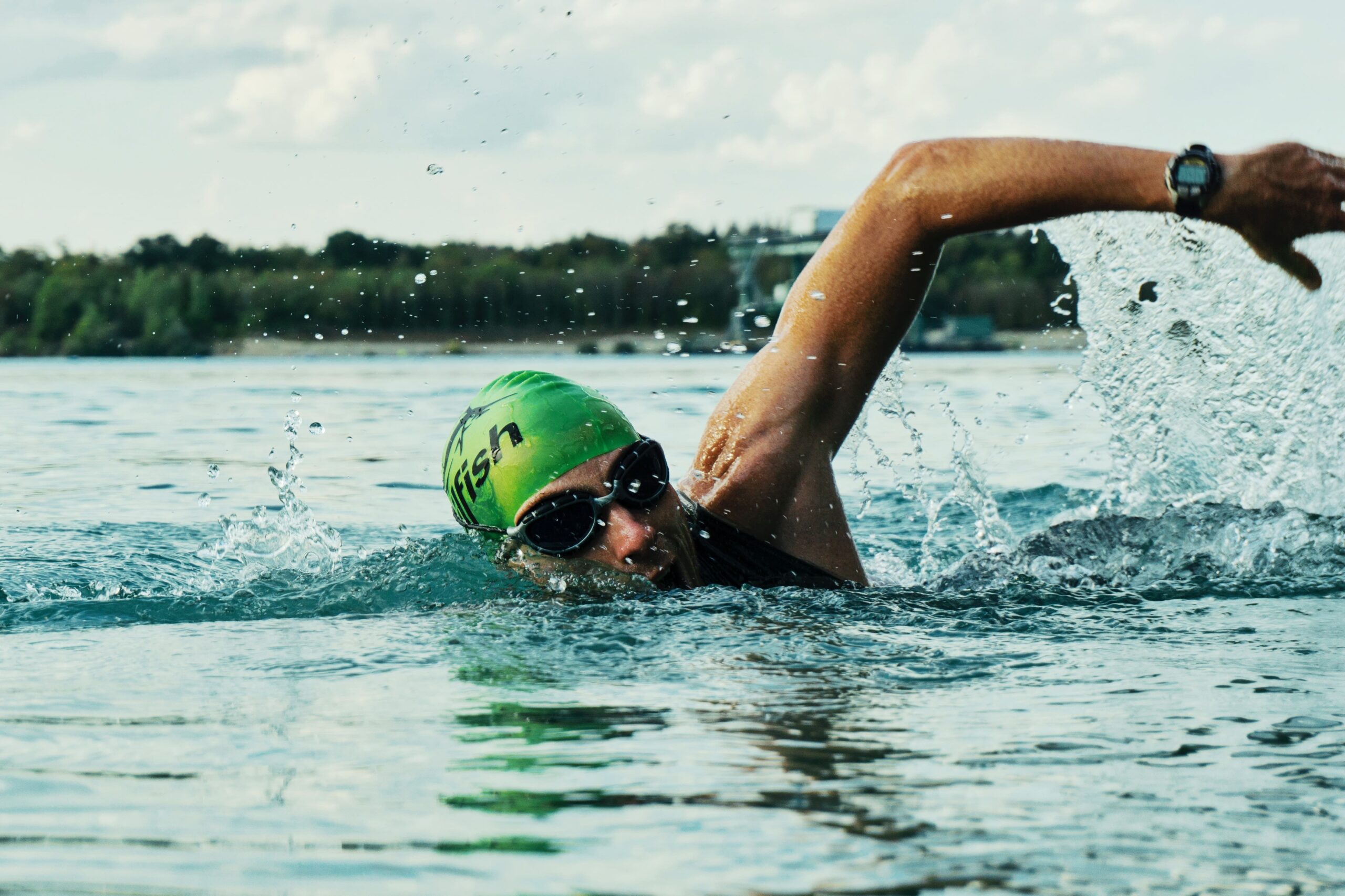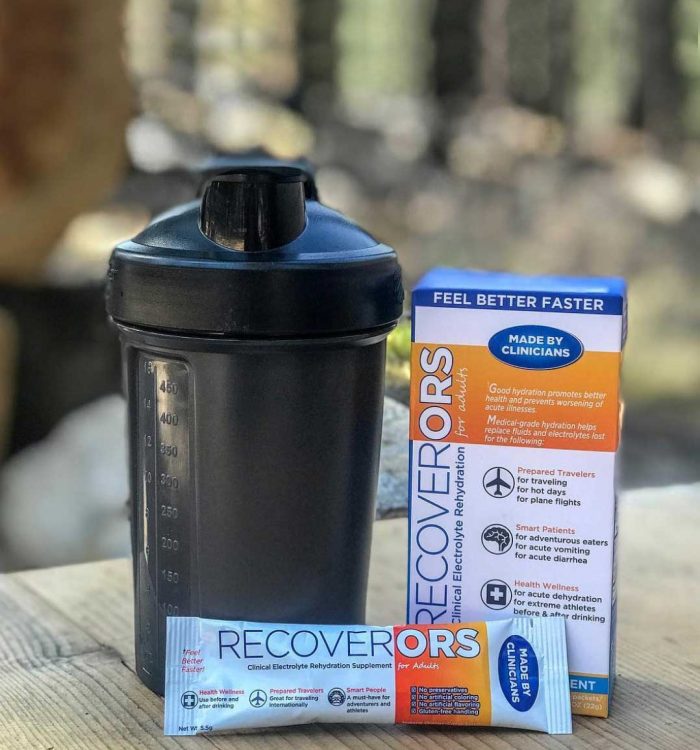You may notice sportsmen drinking colorful beverages from their water bottles when you see them at the gym or on TV. These sports drinks are essential for improving the performance of athletes. Sports drinks mainly include carbohydrates and electrolyte replacement, which are comprised of starches and sugars that provide energy. This article will explain and show you how the carbohydrates in sports drinks help athletes stay hydrated and maintain their energy levels while they work.
Why Athletes Need Carbohydrates
Increased Energy
Whether they are participating in team sports, cycling, or running, athletes require a lot of energy to perform at their best. Energy can be obtained quickly and conveniently from carbohydrates. Athletes who take carbs can keep up their energy levels throughout lengthy and demanding activities.
Delaying Tiredness
Your body may deplete its glucose reserves while exercising. Athletes could become exhausted and perform worse as a result of this. Consuming carbohydrates while exercising can help prevent this weariness by giving working muscles a steady supply of energy.

Replacement of Glycogen
Glycogen, a type of glucose that is stored in your muscles, acts as a vital energy reserve. These glycogen reserves are depleted by vigorous exercise. After exercise, consuming carbs helps restore glycogen, enabling athletes to recover more quickly and be prepared for their upcoming practice or game.
Types of Carbohydrates in Sports Drinks
Sports drinks often use sugars as their primary source of carbs, such as glucose, fructose, and sucrose. These carbohydrates' ease of digestion and absorption make them ideal for obtaining quick energy. Many sports drinks contain maltodextrin, a starch-derived carbohydrate. Maltodextrin provides an energy release that lasts longer.
Carbohydrate Concentration in Sports Drinks
The best sports drink for hydration can include varying amounts of carbs. There are three types of carbs which are mentioned below:
Hypotonic
These beverages are more diluted since they have a lower carbohydrate content. They are easily absorbed by the body and made for immediate fluid replacement. Hypotonic beverages are beneficial for brief, less strenuous activity.

Isotonic
Sports drinks that are isotonic resemble the body's natural fluids in that they have a reasonable percentage of carbs. They are appropriate for a variety of sports and activities because they are created to deliver hydration and energy throughout moderate-intensity exertion.
Hypertonic
Sports beverages that are hypertonic include more carbohydrates. They are intended for replenishing following a workout rather than for hydration during exercise. When a quick replenishment of carbohydrate reserves is required, these drinks can be useful.
Conclusion
Carbohydrates are essential for athletes to function at their best in the realm of sports. Sports beverages with carbs help athletes stay alert and avoid weariness by replacing their glycogen stores after an intense workout. The intensity and duration of your activity should, however, be taken into consideration while selecting the best kind of sports drink.
Isotonic sports drinks are frequently sufficient to keep you hydrated and energized during routine workouts or games. For specific recommendations on your carbohydrate consumption during sports and exercise, always seek the advice of a healthcare provider or sports nutrition specialist for the best hydration drink. You may fuel your performance and continue to perform at the top of your game by including the proper carbohydrates in your sports drink.